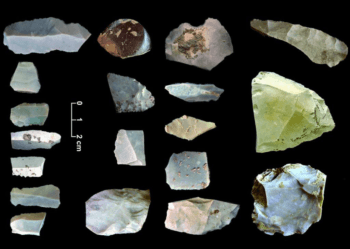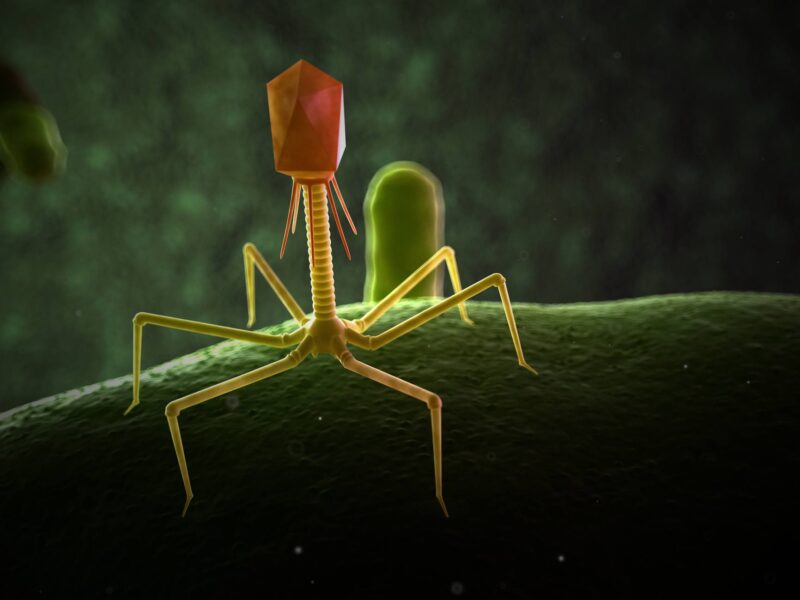Study Confirms First Americans Came Before Clovis

A team of international researchers has found that modern-day humans entered North America as part of a single migration wave no earlier than 23,000 years ago and likely around 15,000 years ago, but they split into two separate branches 13,000 years ago, according to the team that includes two archaeologists from Texas A&M University.
Mike Waters and Ted Goebel of Texas A&M’s Center for the Study of First Americans are among the researchers who have had their work published in the current issue of Science magazine.
The team examined genomic data from several present-day Native Americans and Siberian populations, and also sequenced ancient skeletal remains to trace the genetic structure over time.
Although there is little disagreement in the scientific literature that the ancestors of present-day Native Americans originated in Siberia, debate over the demographic processes that led to the peopling of the Americas still persists.
“Our study presents the most comprehensive picture of the genetic prehistory of the Americas to date. We show that all Native Americans, including the major sub-groups of Amerindians and Athabascans, descend from the same migration wave into the Americas,” says Maanasa Raghavan, a postdoctoral researcher at the Centre for GeoGenetics and one of the lead authors of the study.
“This was distinct from later waves that gave rise to the Paleo-Eskimo and Inuit populations in the New World Arctic region.”
This initial migration of the ancestors of all present-day Native Americans happened no earlier than 23,000 years ago, the team says, and this represents the split date of Native Americans from East Asian and Siberian populations. It also confirms that the ancestors of all Native Americas arrived into the New World as part of the same migration.
The researchers add that it is likely that after diverging from Old World populations around 23,000 years ago, the ancestral Native Americans remained isolated in Beringia (Siberia and East Asia) for about another 8,000 years, given that the earliest archaeological evidence for humans in the Americas is around 15,000 years ago.
“The genetic evidence shows that the first Native Americans came from one population that arrived around 15,000 to 16,000 years ago and then split into two different branches around 13,000 years ago,” Waters explains.
“In other words, the genetic evidence is confirming the archaeological evidence we have been working on for the past 10-15 years here at Texas A&M, and confirms that there were people here before Clovis, which has long been considered to be the first North American culture.
“It’s very gratifying to see our archaeological work has been shown to be correct,” he adds.
“We can date this split so precisely in part because we previously have analyzed the remains of a boy from 12,600 years ago associated with the Clovis culture. The first diversification of the ancestors of modern Native Americans happened in the Americas and likely just before or at the time of the appearance of the Clovis culture,” says Professor Rasmus Nielsen from the Department of Integrative Biology at UC Berkeley, a co-author of the study.
When comparing the genetic affiliations of sequenced ancient samples from the Americas, the team found that several samples were genetically more closely related to modern-day populations from the same geographical location. This result indicates that there was a genetic and geographic continuity of Native American groups across the millennia in at least some parts of the Americas.





